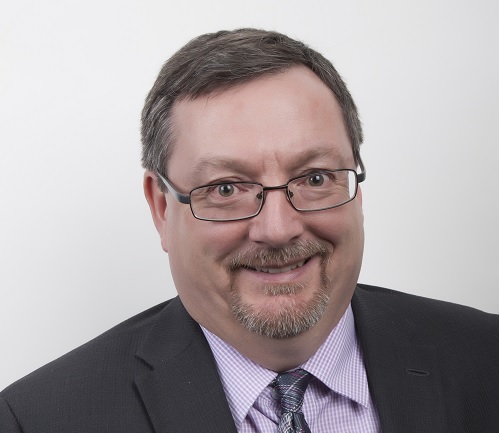

Claude Deslage (pictured) is now the director of commercial marine lines for APRIL Canada, but his education started in sports, and not insurance. He was introduced to the industry during his time in school and never looked back. Specializing in commercial marine after spending time in commercial insurance was a significant step for Deslage, but he had help from the tight-knit marine insurance community in Canada.
In this Q&A, he told Insurance Business about the diverse nature of his daily work, his optimism about the insurance market, and one of his passions outside of work.
I applied to Aon – Reed Stenhouse back in the day – and I applied to work in their commercial marine claims department. I worked there for about 10 years, moving from claims to brokering, and I’ve been doing that now for about the last 25 years.
And marine is a very small community, so when you go out in the market, everybody knows everybody. Over the years, I’ve been a member of the Canadian Board of Marine Underwriters (CBMU), and they celebrated their 100th anniversary last year in Montreal. Part of that association is pretty much all the marine underwriters in Canada and everybody shares all their information, everybody shares all their knowledge.
I tend to believe, if you ask me what’s the best thing about what I do, it’s the people in the industry that I meet every day. Like I said, we’re a small community. I can pick up the phone and call anybody and discuss files together, and I’ve had a lot of really good teachers over the years.
We have some good markets behind us, we have a lot of great capacity, and the knowledge that we bring to the table is a big asset.
I can see down the road where people go and buy their commercial insurance online, and do not have to go through a broker or speciality, but I’m not sure you’re going to be able to do that on commercial marine. There is a specialized expertise, same with other niche products. I [also] find the consumers are much more educated on insurance now than they were 10 years ago.
